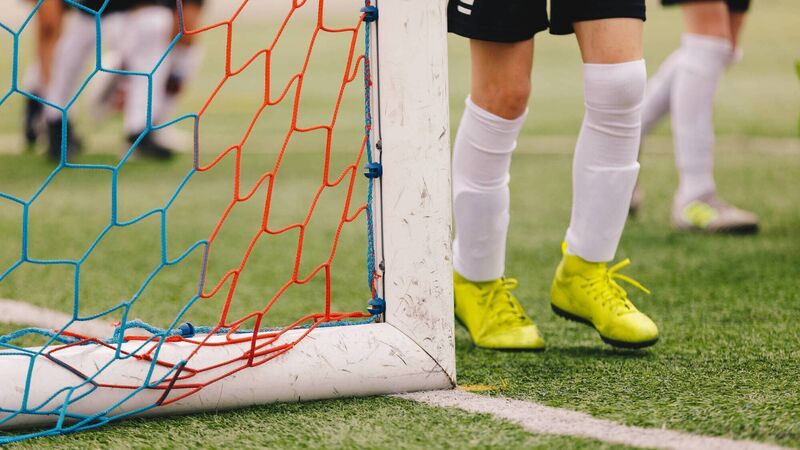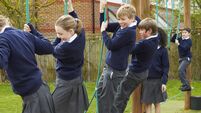Colman Noctor: Why not have a summer camp culture all year?

Are we at risk of losing children from sport if the culture of competitiveness continues? Picture: iStock
Summer camps this year have brought into sharp focus the vital role sport plays in promoting children’s emotional and social development.
I have long spoken about children’s sport becoming too competitive too early. My fear is that the spirit of participation will be sacrificed by the objective of winning. I have treated hundreds of children who have either lost their love for or retired from or indeed been traumatised by a hyper-competitive sporting culture. The drivers are often over-zealous coaches and/or parents who get over-involved in their child’s sporting achievements.










